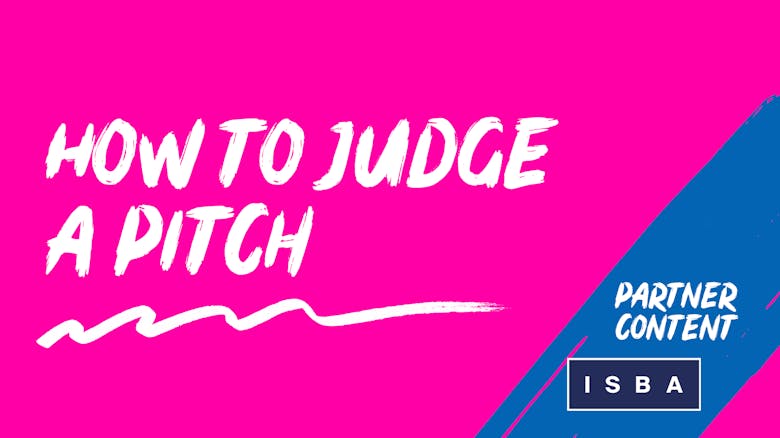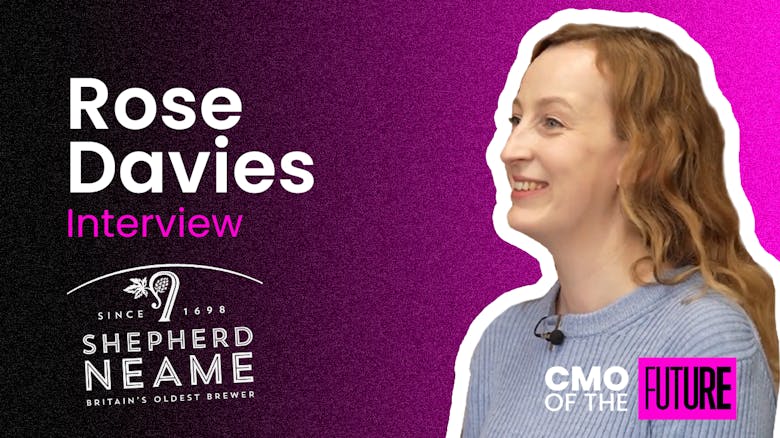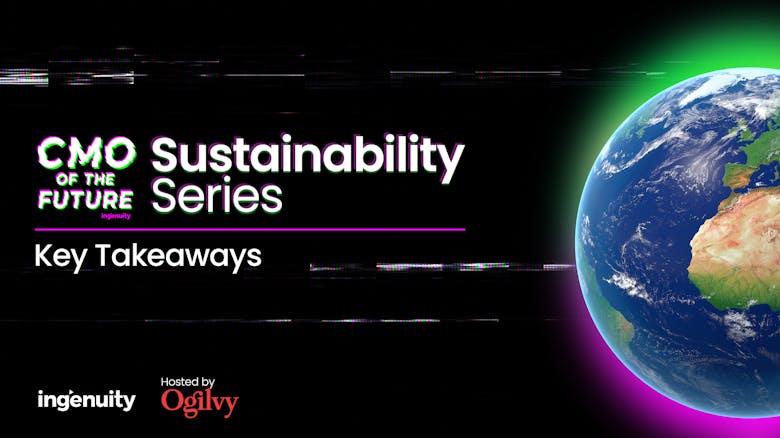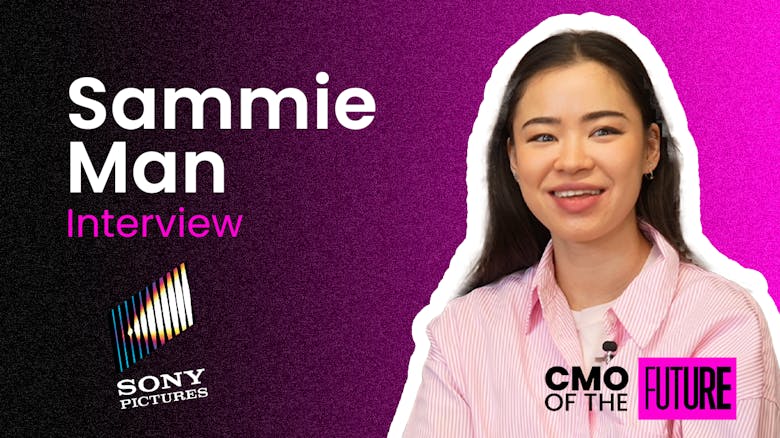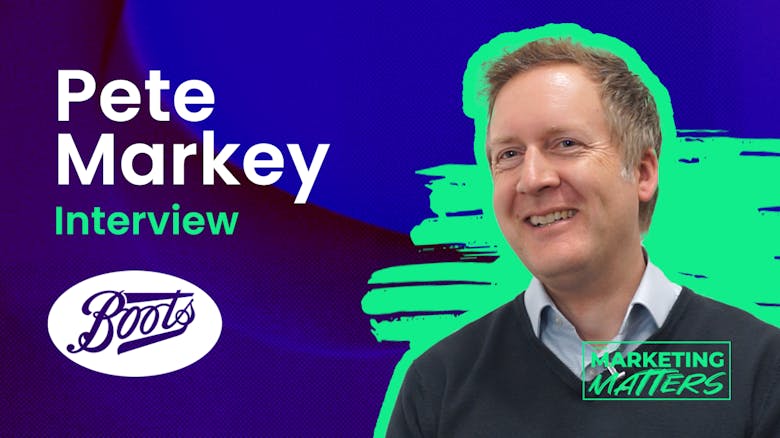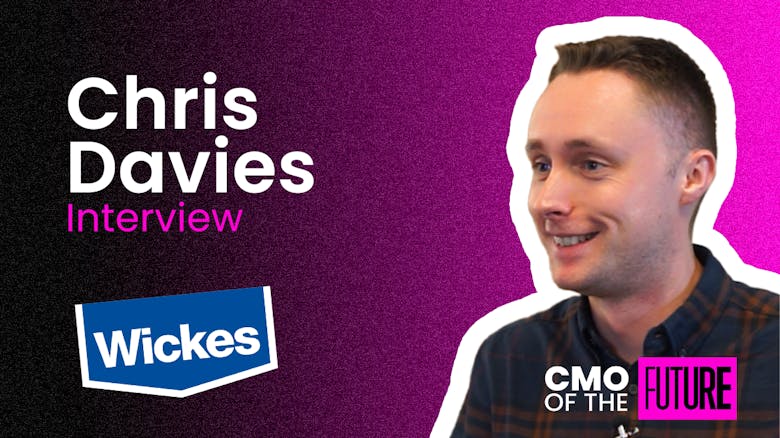Evaluation at each stage of a pitch is critical to ensure you ultimately select the right agency to work with going forward. Always remember, the end of the pitch is only the beginning of the relationship even when you reappoint your current agency.
There are many things to consider when evaluating agencies; several aspects will be specific to the pitch itself, but some are appropriate for all pitches and it is these basic criteria we consider here. THE BASICS For all pitches, the underlying principles you are evaluating are: cost, quality, service levels and rapport.
Cost
How you justify the cost of an agency boils down to two key factors: How much they charge per person, for the recommended team and what the estimated time costs are for that team to deliver the service you require. Giving clear detail in your brief will allow you to compare the cost efficiency and effectiveness of each agency.
Quality
What factors will you judge the quality of the agency’s output on? Creativity? Effectiveness? Response rates? Sales uplift? Brand attribution? There are a myriad of factors that you may consider important when judging the skill and application of the agencies. It is important you establish, in advance, which factors are important to you and how you are going to rate or rank them, amongst your team.
Service Levels
What do you need the agency to commit to in terms of meetings, reporting cycles or campaigns? The level of interaction will directly affect the cost. Agreeing specific service levels will allow you to directly compare costs and agree expectations from your agency.
Rapport
As you will be working closely with your agency it is vital that they understand your company and that the team is empathetic and responsive to your needs. Without it, solving problems and motivating both teams becomes increasingly difficult.
Establishing these basic good practices will be the difference between a pitch that gets you an agency that can simply ‘do the job’ and one that can help you to deliver excellent marketing initiatives thereby accelerating the performance of your brand.
Costs vs Creativity
One of the principal requirements of the pitch process is to ensure that the shape and scale of the agency’s staffing matches your expectations and your budget. However, you must also have a team that are creative problem solvers and engaging communicators. This balance is a critical foundation of a successful and strong client/agency relationship.
To effectively assess the costs you must have a clear brief against which each agency can produce an estimate. For creative or digital agencies, that may be the defined and phased development and implementation of a campaign or app. For media agencies you may examine their estimates for buying a specific media schedule together with their account management costs. In each case, you need to judge the people's costs versus their time costs and evaluate these against your own important criteria.
Firstly consider - ‘is this idea likely to solve the problem I am trying to address?’
Secondly - ‘does it connect emotionally?’ If the answer to both is yes, then thirdly - ‘could this only come from this brand?’ Viewing all creative presentations with these three questions in mind will help you to identify those agencies with creative ideas that can provide real traction for your brand.
The balance
There is a common misconception that the more creative an idea, the more it will cost. This is actually rarely true. When you are presented with a creative idea that you believe in, it is however always important to carefully evaluate the worth of that idea against the production and implementation costs estimated by the agency. The benefit of the pitch environment is that you can make comparisons to other proposals and are also dealing with potential supplier’s keen for your business. A well-planned negotiation will result in you being presented with good creative ideas within budget and on agreeable agency terms. If that is not the end result then you will need to re-evaluate your expectations and the agencies selected.
Who should sit in the room?
Carefully selecting a small, focussed team for the pitch meeting will aid positive discussion around the creative concepts presented. Before the presentation, outline each team member’s role - who will be making the decisions and who may be asked to contribute but not have the role of ultimately deciding. There may be people beyond the marketing team who should attend the pitch and can offer valuable opinions to support the final decision, however, it should always be the marketer’s responsibility to determine which proposal best meets the company’s objectives as they are the team likely to be responsible for the service the company receives.
Procurement often plays a strategic role in procuring business partners for the company and should therefore also attend the pitch meetings. Not only can they help to clarify the costs suggested by the agency but may also highlight specific contractual areas that may need updating to capture particular circumstances intrinsic to this proposal.
From the agency side you should expect to be presented to by senior agency staff so that you can be confident with the quality of the agency leadership. One senior member should remain throughout the pitch process to demonstrate where your support will come from within the agency, but you should also meet the creative team who will be developing the ideas for your brand and the account management team who will work with you on a day to day basis. Everyone should play a part in the meetings and you should ask specific and relevant questions to them individually, so that you can assess their understanding of your needs.
Forms & assessment
The method by which you assess the agency is entirely personal however it is important to have a method to capture the factors you have identified as important within the pitch. Whether those are working style, the capabilities of the teams or your perception of their thinking, having a uniform method of assessing each agency fairly will help you make an informed decision. Whether these methods can have a scoring system built into them or not and whether each criterion is weighted is a matter for you to judge on a case by case basis.
Again, at the end of this paper we have added some general criteria that you may want to include within your assessment of the agency pitch presentations.
Chemistry meetings
Prior to the pitch processes commencing, clients like to meet the agency for ‘chemistry’ or familiarisation meetings which are often beneficial. Although first impressions are often valid it is important to also be aware of how you are connecting with the proposed agency team throughout the pitch process.
The more time you can afford the agency, the more you will understand the quality of their thinking, how they question your brief and how your team interacts with theirs. If there is anything or anyone you are unsure about, raise it. If the agency is unable to address your concerns during the pitch process, they are unlikely to be able to address them at a later stage.
An effective creative relationship is as much about how well you get on with each other as it is about how well the agency can deliver. Successful teams enjoy working together, feel confident in each other’s abilities and can challenge each other effectively. If you are not confident about the way the agency team performs or that it will not gel with your company’s culture or those in your team then the people involved will need to change. An agency is an extension to your team and if it is not successful you risk destabilising the effectiveness of your own department.
Contract Negotiation
Negotiating a contract effectively is a skill that is acquired through experience. Honestly articulating what you need, will go a long way to achieving your goals. How you do this and in what order you should make your requests in, is where experience helps. Here are a few pointers to help but this is an area that needs to be supported through training and coaching.
It is always recommended to maintain a spirit of collaboration, rather than confrontation during negotiation. After all, at the end of the process, you want a positive working relationship.
There will be some commercial terms (such as your corporate payment terms) that are mandated by your business. These should be agreed up front, before the agency accepts the invitation to pitch.
Start broadly
Begin by posing the bigger questions to the agency: Perhaps the composition of the team (seniority within each department, proportional contribution department to department), or why the average fees for different departments vary so significantly.
Keep the ball in the agency’s court by asking questions like ‘how could we reduce costs [overall/by x%] by readjusting the composition of the team, without affecting the quality of the output?’ Don’t be tempted to suggest answers yourself. You will find that the agency will respond positively and creatively, and as long as they are producing the answers, you will be able to hold them to the solutions they propose.
Then get more specific
Once you have answers on the broader questions, you can delve into the details. There may be some stand out issues with the staffing allocation provided by the agency. Too much or two little of an individual's time has been included, or it is not obvious where a certain specialism is coming from.
Once you get to a place with your preferred agency that you consider fit for purpose and affordable then you are ready to award the work to that agency, release the others from the process and to agree to the contract. If you are not able to get to that place you may need to take the tough decision to either reduce the scope or go to one of the other agencies that have pitched. Therefore, having procurement professionals working as part of the team can be essential to getting you to a place that meets your requirements and is sustainable by the agency.
Final thoughts
Pitches can be expensive exercises for agencies. You might want to consider supporting each agency in the process with a contribution to their costs. Showing your appreciation for their commitment to the process by offering a contribution to their costs may be a way to set the scene for the partnership you are seeking from the agency. How much will vary for each pitch based on complexity and the number of agencies participating.
Bringing together a powerful community of marketers with common interests, ISBA is the only trade body that represents brand advertising in the UK. ISBA empowers brands to understand the industry (and shape its future), influence decision-making, and lead by example when it comes to industry improvements. We help ISBA members solve specific marketing challenges via qualified agency partners right for them. If you want to discuss any of our brand services, be it agency recommendation, agency selection or pitch consultancy, email Kate Lewis at kate.lewis@ingenuitylondon.com. If you're interested in becoming an ISBA member email membership@isba.org.uk.
